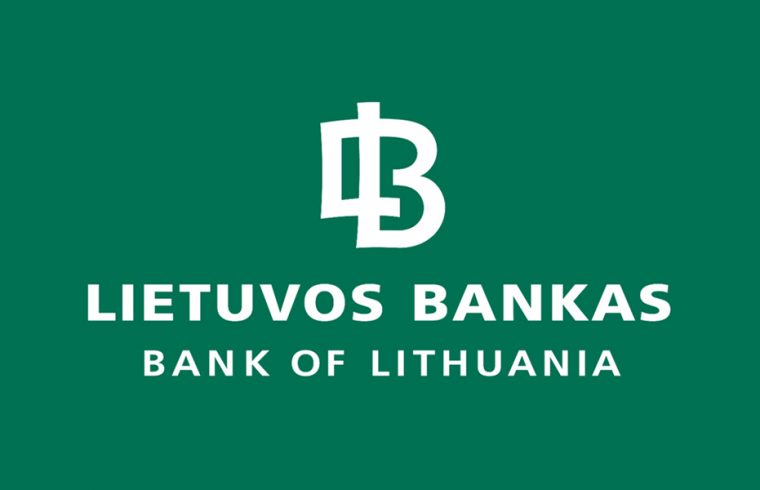Global economic growth rates has dramatically lost momentum – this year, it is set to record the lowest rates since the end of the crisis. Although growth is supported by the accommodative monetary policy implemented by central banks, such measures are no longer sufficient – governments have to do their share as well. Vitas Vasiliauskas, Chairman of the Board of the Bank of Lithuania, will address this issue at the Annual Meetings of the International Monetary Fund (IMF) and the World Bank in Washington.
“Being constrained by international trade conflicts, global economic growth is fizzling out. Therefore, it is crucial that governments join central banks in reviving global growth. Some countries facing economic difficulties still have sufficient financial buffers, and additional government spending, e.g. public investment which enhances economic potential, could act as a growth catalyst in such economies,” said Vitas Vasiliauskas.

According to the latest IMF projections, this year’s global economic growth should reach its lowest rate since the 2008/2009 crisis and stand at 3%. The IMF has revised down its global growth outlook for the fifth consecutive time. Growth of the two major economies is set to moderate as well: compared to July projections, the US growth forecast has been revised down by ‑0.4 percentage point to 2.4%, while China’s projections – by ‑0.1 percentage point to 6.1%.
In 2019-2020, markets that are strategically important to Lithuania should grow at a slower rate than previously expected: in 2019, Germany’s economic growth will stand at 0.5% (‑0.2 percentage point), in 2020 – at 1.2% (-0.5 percentage point), while in the entire euro area – 1.2% (-0.1 percentage point) and 1.4% (-0.2 percentage point) respectively. Based on IMF projections, Lithuania’s economic growth should moderate from 3.4% in 2019 to 2.7% in 2020.
The IMF has particularly emphasised the deceleration in the growth of global industrial production, with the ongoing US-China trade conflict being the key reason behind the sector’s problems. Trade restrictions are weighing on production volumes both directly (due to less favourable conditions for exports and imports) and indirectly (due to lingering uncertainty while companies are postponing investments).
With weakening industrial production and investment, growth rates of international trade are stalling as well. In 2019, international trade will grow by a meagre 1.2% – compared to July, October projections have been cut by more than half (last year, its growth stood at 3.8%).
The IMF has indicated that global growth is currently supported by the accommodative monetary policy implemented by the European Central Bank (ECB) and the central banks of the US and other countries, as it creates a favourable lending environment and boosts financial market expectations. This September, the ECB started implementing an extensive package of accommodative monetary policy measures, including injecting additional €20 billion a month to the euro area’s economy starting from 1 November 2019.
“In the long run, challenges in the manufacturing sector may also have spillover effects on the services sector. In fact, we can already see the first signs of such contagion and these developments may have a serious impact on global economy. Therefore, it is particularly important that monetary policy measures should also be supplemented by adequate action in other areas of economic policy. Additional fiscal stimulus could breathe life into some economies, especially in some of the trailing euro area countries,” said Mr Vasiliauskas.
However, according to the Chairman of the Bank of Lithuania, this is not the case in Lithuania: its economic growth remains on a strong footing and thus it is not necessary to increase budget expenditure in the country – Lithuania has to adhere to a prudent fiscal stance and reinforce buffers for potential shocks. A more rapid implementation of structural reforms could strengthen resilience of the Lithuanian and euro area economy as a whole, e.g. by encouraging a more active participation of different social groups in the labour market.
Vitas Vasiliauskas is a member of the Board of Governors of the IMF. He participates in biannual meetings organised by the IMF and the World Bank, where governors of central banks and finance ministers discuss relevant economic issues and look for key solutions to various economic problems. During his visit to Washington, Mr Vasiliauskas will attend the meetings of the IMF International Monetary and Financial Committee as well as the Nordic-Baltic Constituency. The Chairman will also meet with Jingdong Hua, Vice President and Treasurer of the World Bank, and representatives of commercial banks












